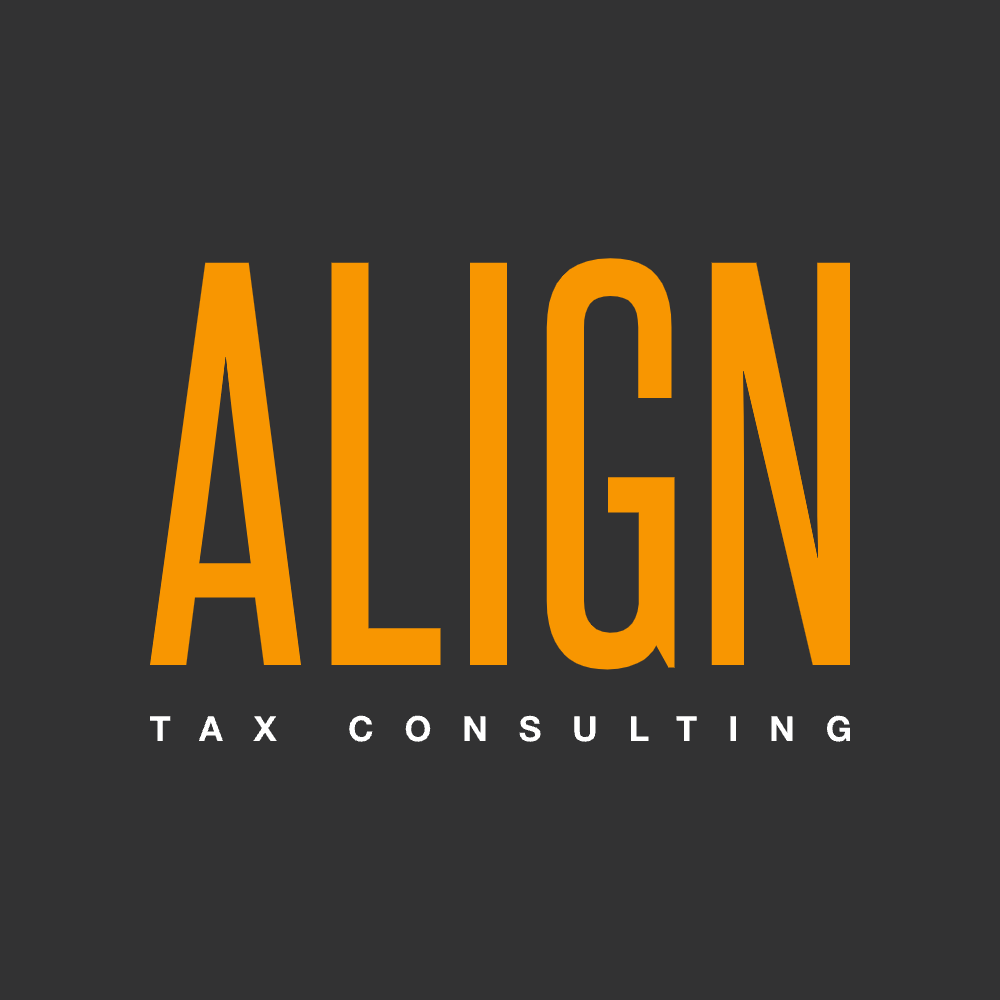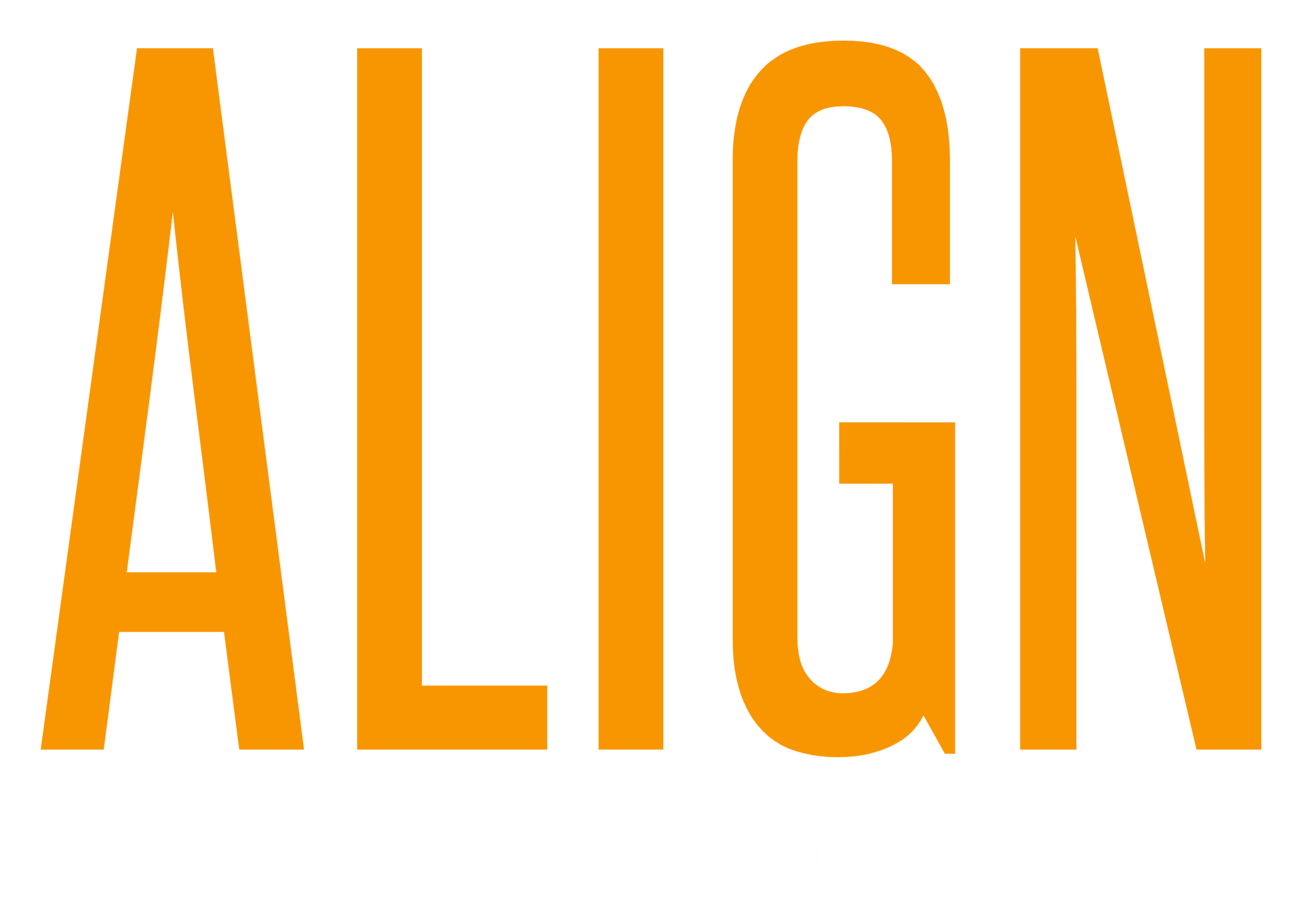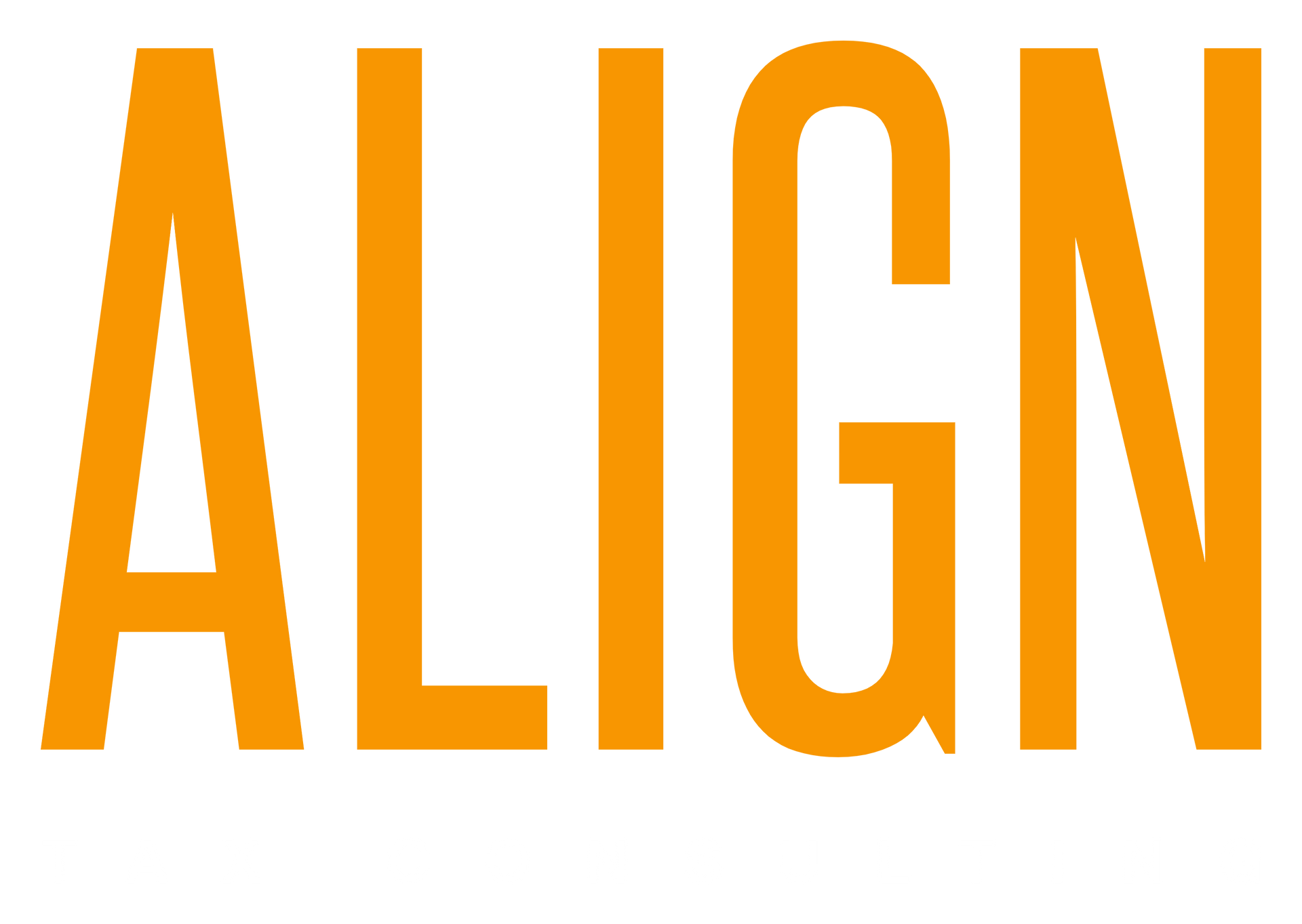Tax Exemptions: A Strategic Advantage for Data Centers
Navigating the Complexities of Data Center Operations: Tax Exemptions, Cryptocurrency, and Energy Consumption
As the world becomes increasingly digital, data centers have emerged as the backbone of the global economy. Powering everything from cloud computing and artificial intelligence to cryptocurrency mining, these facilities are crucial for major players like Amazon, Google, and Microsoft. However, running data centers at scale is not without its challenges—particularly when it comes to navigating tax exemptions, managing energy consumption, and adapting to emerging trends like cryptocurrency.
Tax Exemptions: A Strategic Advantage for Data Centers
Data centers require significant investment in infrastructure, from vast server farms to complex cooling systems. Given the high operational costs, tax incentives play a crucial role in making these operations financially viable. Local and state governments across the U.S. and around the world have recognized the importance of data centers and, as a result, offer various tax exemptions and incentives to attract tech giants like Amazon, Google, and Microsoft.
Property and Sales Tax Exemptions are common incentives offered to data centers. For example, in some states, companies can receive exemptions from paying sales tax on electricity consumption and equipment purchases (ie - servers and networking hardware). This can equate to significate savings, which can make or break the profitability analysis for a large date center. In other regions, tax abatements on property taxes for large data center projects are standard. These exemptions not only lower the upfront cost of setting up a facility but also make long-term operations more cost-effective.
Tech giants like Amazon and Microsoft have strategically leveraged these tax incentives to establish data centers in tax-friendly jurisdictions. Washington, Oregon, and Virginia are prime examples of locations where large-scale facilities have been built, with the added benefit of favorable tax policies.
Cryptocurrency: A Growing Driver of Data Center Demand
Cryptocurrency mining has introduced new challenges and opportunities for the data center industry. Bitcoin and other digital currencies rely on a process known as “proof of work,” where massive computational power is required to validate transactions and secure the blockchain. This process demands enormous amounts of electricity, which has led to a surge in demand for data center capacity, particularly from crypto miners.
In this new era, data centers not only support cloud services and enterprise applications but also house cryptocurrency mining operations. Companies like Amazon Web Services (AWS) and Google Cloud are adapting their infrastructure to accommodate this growing sector. Google, for instance, has announced plans to offer “cloud mining” solutions for crypto businesses, further expanding their data center services into the blockchain space.
However, the environmental impact of cryptocurrency mining has sparked considerable debate. The high energy consumption of mining operations—especially when powered by non-renewable energy sources—has drawn criticism. Data center operators are increasingly exploring renewable energy sources to offset their carbon footprint and meet sustainability goals.
Electric Consumption: Balancing Efficiency and Sustainability
Energy consumption is arguably the most pressing issue facing data centers today. With thousands of servers running around the clock, a single data center can consume as much electricity as a small town. Companies like Amazon, Google, and Microsoft are heavily invested in minimizing energy consumption, both to reduce costs and to align with corporate sustainability goals.
Efficiency Through Innovation
Tech companies are pioneering innovations to increase the energy efficiency of their data centers. Google, for instance, has long been a leader in using machine learning algorithms to optimize cooling systems in its data centers, significantly reducing energy use. By using AI to predict temperature fluctuations and adjust the cooling system in real time, Google has reduced its energy consumption for cooling by over 40%.
Amazon has also made strides in improving energy efficiency. The company’s AWS division has been moving towards more energy-efficient hardware and cooling solutions, and its data centers are increasingly powered by renewable energy sources, including solar and wind. Amazon recently announced that its goal is to reach net-zero carbon emissions by 2040, and its investments in renewable energy are key to achieving that target.
Microsoft has similarly focused on improving energy efficiency in its data centers. The company is pursuing innovative cooling technologies, such as underwater data centers, to reduce the reliance on traditional air-conditioning systems. Additionally, Microsoft has committed to being carbon-negative by 2030, investing heavily in renewable energy to power its vast network of data centers.
The Road Ahead: A Sustainable, Scalable Future
The future of data centers lies in the delicate balance between growth, sustainability, and innovation. With the rise of artificial intelligence, cloud computing, and cryptocurrency, demand for data center services will continue to skyrocket. At the same time, the environmental and financial challenges of operating these facilities cannot be ignored.
For Amazon, Google, Microsoft, and others, the path forward will require continued investment in energy-efficient technologies, as well as proactive efforts to reduce the environmental impact of their operations. Tax incentives will remain a critical tool for expansion, but sustainability will increasingly be at the heart of future data center strategies.
In the end, the most successful data center operations will be those that can adapt to a rapidly changing digital landscape while remaining committed to the triple bottom line: financial profitability, social responsibility, and environmental sustainability.
Read more about a Data Center Align worked with to save significant $$$ in utility sales tax.
Want to stay Tax Savvy?
Join our Newsletter!
Thank you for signing up for Align's monthly newsletter, Tax Savvy! We promise to send you relevant, useful, and occasionally funny information - to keep you up to date on all things specialty tax.
The Align Tax Team
Please try again later











